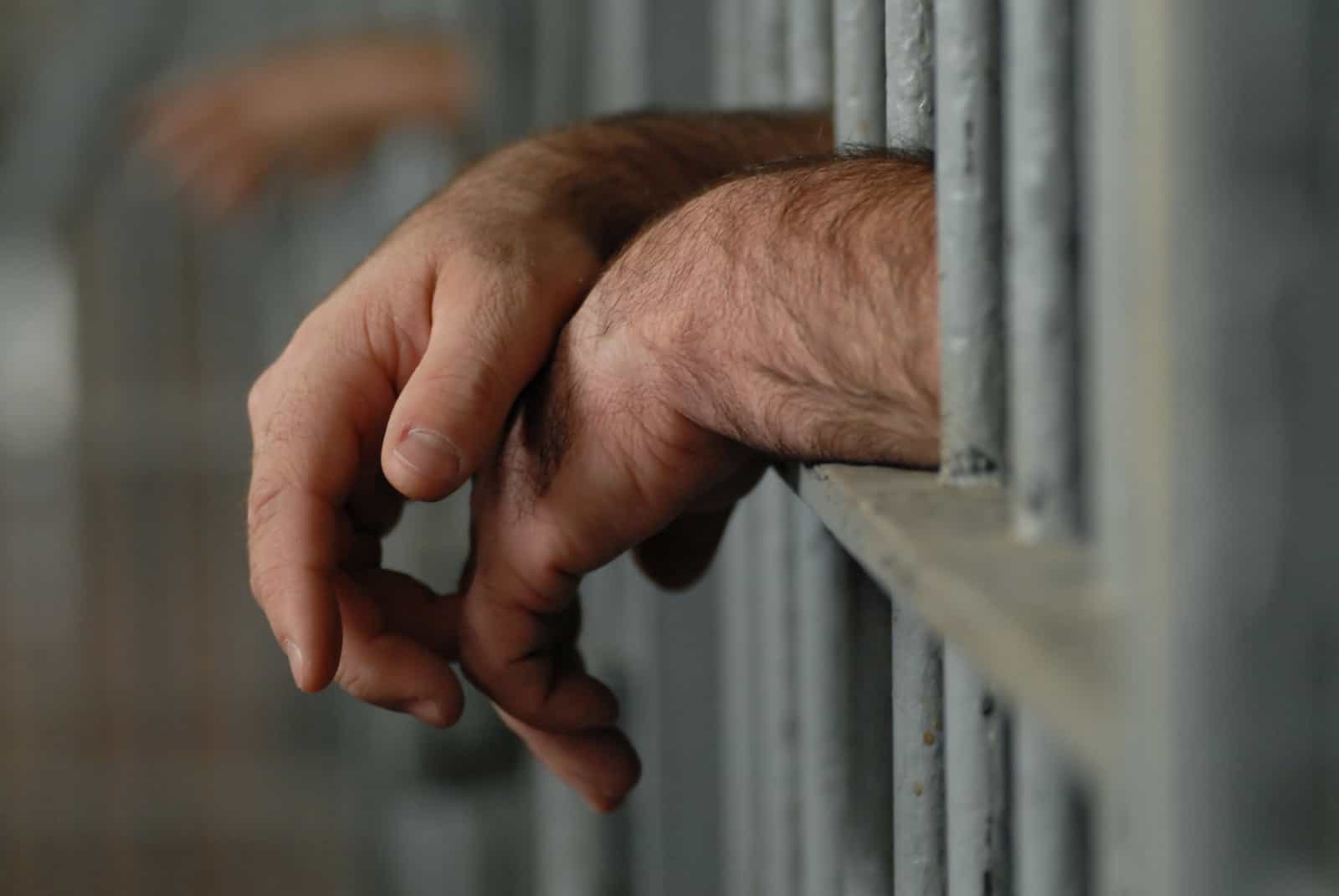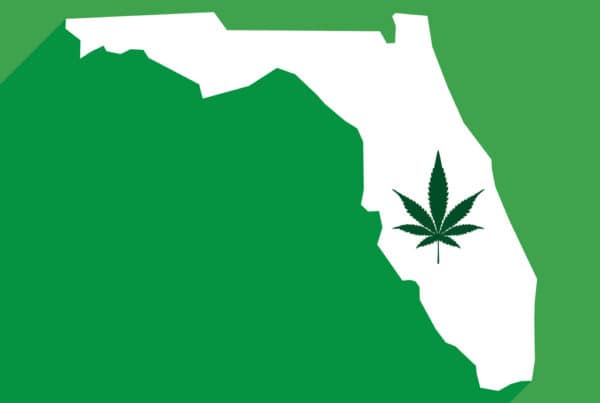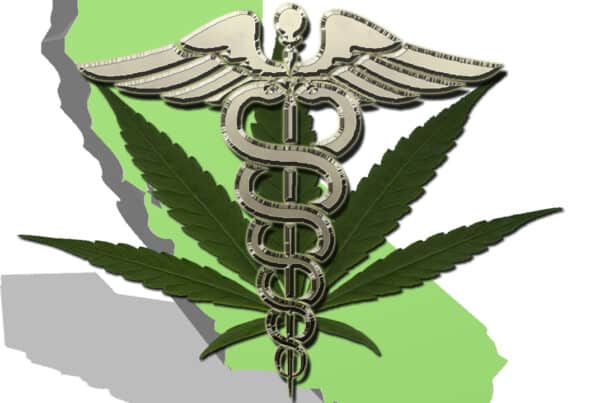TABLE OF CONTENTS
In a country where over 15 million people have been arrested for cannabis offenses in the last decade, the Last Prisoner Project is fighting criminal injustice and reforming drug policy. An alliance of business leaders, lawmakers, and artists is actively petitioning for the release of cannabis inmates with an emphasis on re-entry resources. Here’s an overview of their work and how you can help.
A Team of Advocates
Long-time cannabis activists and co-founders of Harborside dispensary in Oakland, California, Steve and Andrew DeAngelo, are the founders of the nonprofit organization, Last Prisoner Project (LPP). Over the past few years, the two have assembled a team of industry leaders, criminal and social justice advocates, and policy and education experts to help free every prisoner affected by the War on Drugs, beginning with 40,000 people in jail for cannabis convictions.
As many entrepreneurs continue to make huge financial strides in the industry, others languish away in prison for cannabis convictions. The LPP intends to correct the contradictory legal framework that has kept so many people in prison for something that is completely legal today. Through intervention, advocacy, and awareness campaigns, the LPP is dedicated to providing legal counsel to those who need it most.
Last Prisoner Project Leaving A Lasting Impact
LPP began its operations in the spring of 2019. During the first year of the project, LPP implemented direct services in three states:
- In California, they developed the Prison to Prosperity Reentry program designed to help former inmates find employment in the legal cannabis industry. The pilot program in Los Angeles teamed up with local community re-entry organizations.
- In Colorado, LPP initiated a Cannabis Clemency program and worked with policymakers to expand parole eligibility amidst the COVID pandemic leading to the release of hundreds of at-risk prisoners.
- In Hawaii, they partnered with the ACLU of Hawaii and the Hawaii Innocence Project to host the first expungement clinic.
In addition, LPP has submitted written and/or oral testimony in support of several cannabis policy reforms including bills on expungement, legalization of marijuana, and social equity. With an eye on the future, they’re hoping to expand these measures to at least six new states in the near future.
Release & Reentry
As part of their approach, LPP focuses on prisoner release, record clearing, and reentry programs. A past drug conviction can effectively limit a former inmate’s chance of success. A criminal record can prevent individuals from gaining employment, housing, financial assistance, and so much more. Because of this, LPP is focused on expungement and record clearing programs including broad and automatic clean-slate initiatives.
In order to keep former prisoners out of jail, LPP’s re-entry programs provide resources, support, and education to former prisoners upon release. In partnership with Vangst, a cannabis staffing company, LPP offers mentorships to assist in resume building, interviewing skills, employability skills, and recruitment. Partnership with cannabis training programs and scholarships helps former inmates get back into the industry in a legal and effective manner.
What’s the Damage?
While cannabis has been legalized in most states, a significant portion of drug arrests is for cannabis. In fact, 88% of the 8.2 million cannabis arrests between 2001 and 2010 were for simple cannabis possession. In addition, most people arrested for cannabis were minorities, despite roughly equal usage rates compared to whites.
What is worse is that these racial disparities continue, even in states that legalized or decriminalized cannabis. Some individuals are even facing life in jail without the possibility of parole due to a cannabis conviction. The War on Drugs has significantly targeted low-income and minority individuals creating an unfair system without an end in sight.
How You Can Help The Last Prisoner Project
While an ambitious goal, releasing every last prisoner affected by the War on Drugs is an uphill battle. If everyone helps in any small or big way, we will be closer to the goal of helping address the damage done. Here are a few ways you can help:
- Follow LPP on Instagram, LinkedIn, Twitter, and Facebook. Share crucial information on your timeline or story to get the word out about the need for criminal justice reform.
- Subscribe to the LPP newsletter to receive updates about their work and progress.
- Volunteer, including virtually during the pandemic, to help with everything from petitions to letter writing to the occasional rallies and marches.
- Donate whatever you can to the LPP. Any bit helps.
- If you're a business or corporation, partner with LPP as part of your moral obligation to reform the legal cannabis industry.
- Participate in the letter-writing program. Download their PDF template with the names, addresses, and stories of 30 cannabis prisoners. Let them know you are fighting for their inalienable human right.
As the fastest growing industry in the country, there's no reason why anyone should still be in jail for cannabis possession or distribution. Until all prisoners affected by the War on Drugs are released, the industry and the country as a whole will have blood on their hands. Do your small part to help end this injustice.
“
There are over 300,000 jobs in the cannabis industry. CTU trained me for one of them!

Makes $24.50 @ THC +
To learn about cannabis laws, enroll in the leading weed school, Cannabis Training University!

Fred Hernandez
Fred Hernandez is a highly accomplished and versatile writer, boasting an extensive background in the cannabis industry. With an in-depth understanding of various sectors including cultivators, processors, retailers, and brands, Fred's expertise spans across the entire cannabis landscape. As a prominent contributor to CTU, he consistently delivers insightful articles exploring the latest developments, news, and regulations shaping the cannabis industry. Whether it's delving into the intricacies of cannabis products, cannabis strain reviews, or providing comprehensive analyses of cannabis laws, or sharing expert insights on cannabis cultivation techniques, Fred's wealth of knowledge positions him as an invaluable writer and educator for all cannabis-related subjects.












 Jeff was involved in an accident where he endured a traumatic brain injury. He had a week-long stay in ICU where brain surgeons
Jeff was involved in an accident where he endured a traumatic brain injury. He had a week-long stay in ICU where brain surgeons  100% risk free money back guarantee within 48 hours after purchase if student has not completed any of the courses or exams.
100% risk free money back guarantee within 48 hours after purchase if student has not completed any of the courses or exams.